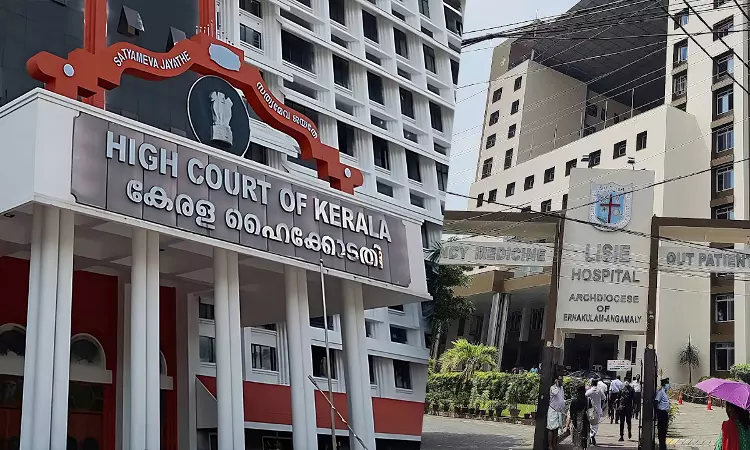'Not Providing Free Medical Relief': Kerala High Court Dismisses Lisie Hospital's Plea Seeking Building Tax Exemption
Navya Benny
19 July 2023 5:24 PM IST

Next Story
19 July 2023 5:24 PM IST
The Kerala High Court recently dismissed the Appeal preferred by Lisie Hospital, claiming building tax exemption in respect of one of its buildings constructed in the year 2013. The Apex Court in February 2023, had remanded the matter to the High Court for decision on the factual aspects of the case, after clarifying that the term 'charitable purposes' in Section 3(1) of the Kerala Building...
